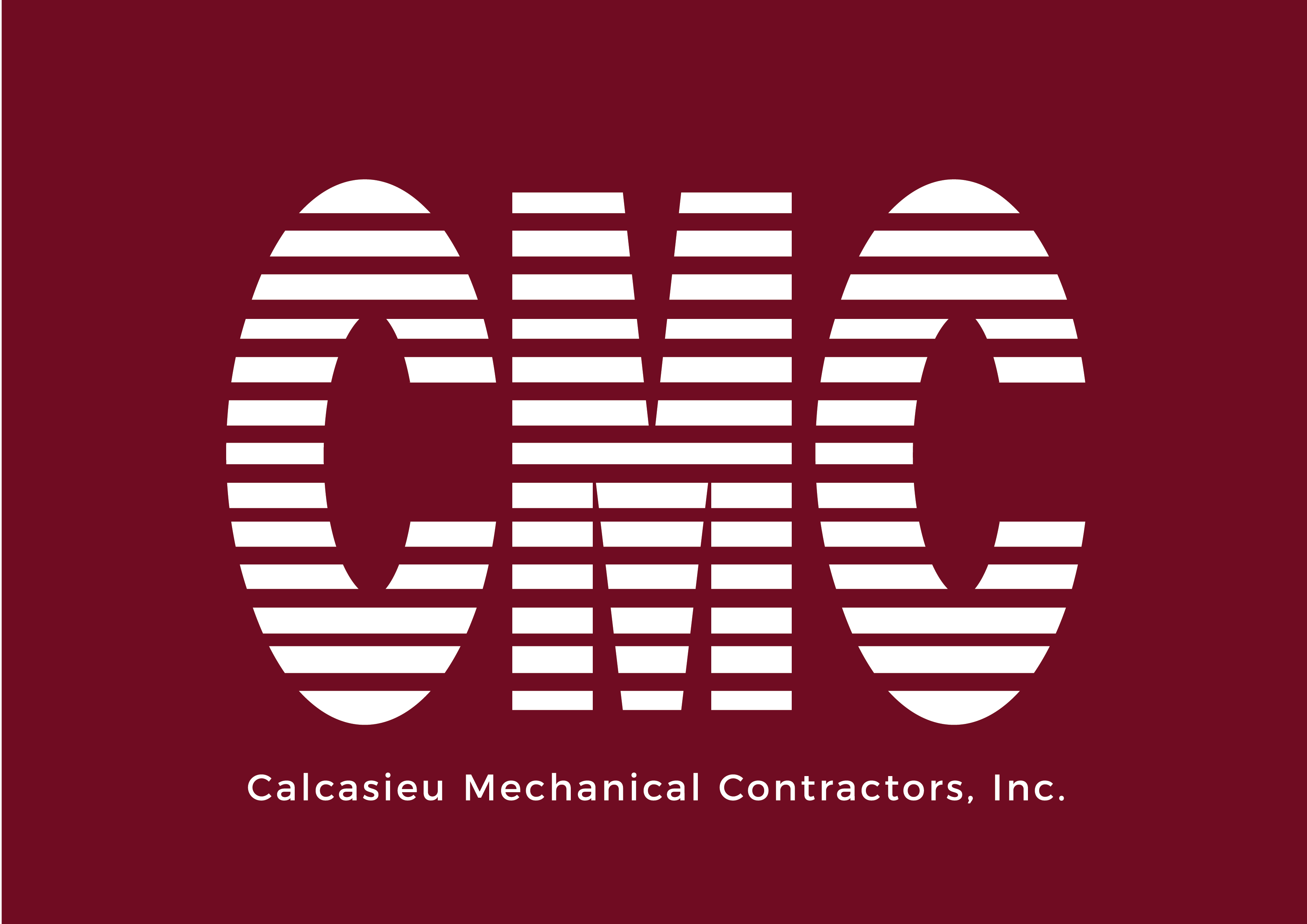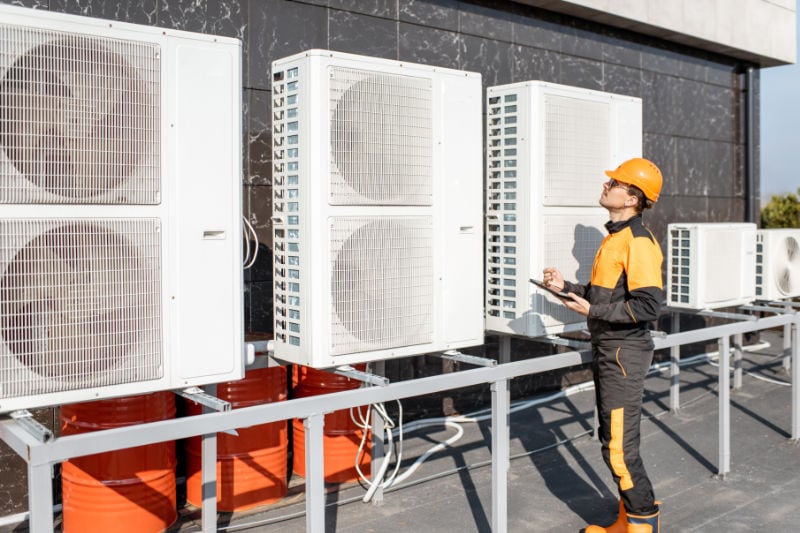
Optimizing Office Environments: How HVAC Systems Influence Employee Productivity and Comfort
September 1, 2024
Dive Deep into Commercial Refrigerant Leak Prevention Strategies
September 24, 2024In today’s competitive business landscape, controlling operational costs is more important than ever. One often overlooked area in which businesses can save significantly is their heating and cooling expenses. With rising energy prices, optimizing your business’s energy efficiency reduces costs and maximizes your profits. By implementing a few strategic changes, businesses can enjoy lower energy bills, increased comfort for employees and customers, and a positive contribution to environmental sustainability, all while boosting their financial performance.
Conducting an Energy Audit
The first step in reducing heating and cooling bills is to conduct a comprehensive energy audit. This process involves evaluating your current energy usage and identifying inefficiencies. Professional energy consultants can perform an energy audit. They will inspect your building, analyze your energy consumption patterns, and provide detailed reports. These reports highlight areas where energy is wasted and suggest practical solutions tailored to your needs. By understanding where improvements can be made, businesses can target their energy-saving efforts effectively, ensuring every dollar invested in upgrades yields maximum returns.
Upgrading HVAC Systems
Heating, ventilation, and air conditioning (HVAC) systems are often the most significant contributors to high energy bills. Investing in modern, energy-efficient HVAC systems can lead to substantial savings. Newer models are designed to use less energy while providing superior climate control. Consider ENERGY STAR-certified systems, as these products meet strict energy efficiency guidelines set by the U.S. Environmental Protection Agency. Additionally, regular maintenance of HVAC systems is crucial to ensure they operate at peak efficiency. This includes cleaning filters, checking for leaks, and ensuring all components function correctly. Upgrading and maintaining your HVAC system can dramatically reduce energy consumption and costs.
Implementing Smart Thermostats
Smart thermostats are cost-effective for managing your business’s heating and cooling needs. These devices allow for precise control over temperature settings and can be programmed to adjust automatically based on occupancy, time of day, or even weather conditions. Many smart thermostats also offer remote access via smartphones or computers, enabling business owners to monitor and adjust settings from anywhere. This flexibility ensures that energy is not wasted when spaces are unoccupied, thereby reducing unnecessary heating and cooling costs. Over time, the savings from reduced energy usage can quickly offset the initial investment in this technology.
Improving Insulation and Sealing
Proper insulation is essential for maintaining a stable indoor climate and reducing energy waste. Poor insulation allows heat to escape during the winter and enter during the summer, forcing HVAC systems to work harder and consume more energy. By upgrading insulation in walls, ceilings, and floors, businesses can significantly enhance their building’s energy efficiency. Additionally, sealing cracks and gaps around windows, doors, and ductwork prevents drafts and minimizes energy loss. Weatherstripping and caulking are simple, cost-effective solutions that can make a noticeable difference in energy bills. Improved insulation and sealing not only reduce energy consumption but also increase comfort levels within the workplace.
Promoting Energy-Saving Practices Among Employees
While technological upgrades are vital, fostering a culture of energy efficiency among employees is equally important. Their role in adopting and promoting simple practices such as turning off lights and equipment when not in use, utilizing natural light during daytime hours, and setting computers to sleep mode after periods of inactivity is integral to the company’s success. Educating your team about the importance of energy efficiency and involving them in energy-saving initiatives can lead to a collective effort to reduce energy consumption. Consider organizing workshops or incentives for employees who devise innovative ways to save energy. Businesses reduce costs and promote a positive, sustainable workplace culture by engaging employees in the process.
Reducing heating and cooling costs is a strategic move that benefits businesses both financially and environmentally. At Calcasieu Mechanical Contractors, we specialize in helping companies achieve substantial energy savings through energy audits, HVAC system upgrades, smart thermostat implementation, insulation improvements, and promoting energy-saving practices. These efforts enhance your bottom line and contribute to a more sustainable future. The immediate benefits of these strategies will excite you and your team. Start today with Calcasieu Mechanical Contractors and discover the tangible benefits of a more energy-efficient business operation.

Hailing from the picturesque town of Lake Charles, Louisiana, Jim Blanchard stands as an exemplar in commercial HVAC installation and services. As President of Calcasieu Mechanical, he has leveraged his deep industry knowledge and innovative strategies to establish the company as a leading regional service provider. Under Jim’s leadership, Calcasieu Mechanical has expanded its portfolio of high-quality services and earned the trust and respect of businesses throughout Louisiana. The company’s commitment to excellence, reflected in its endeavors, stems from Jim’s dedication to ensuring every project meets and exceeds client expectations.

